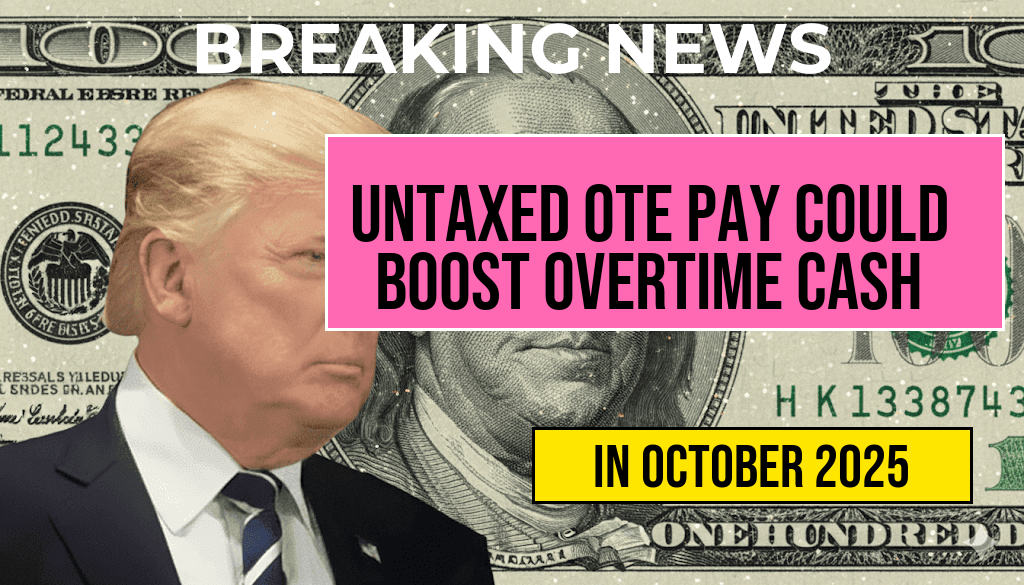As of 2023, the average benefits received by U.S. veterans stand at $25,046, according to the Department of Veterans Affairs (VA). This figure reflects the financial assistance available to veterans, which can include disability compensation, education benefits, and housing allowances. However, many veterans may find themselves earning less than this average amount, prompting the need for an understanding of the appeals process for securing additional benefits. This article outlines the steps veterans can take to appeal their benefits, ensuring they receive the financial support they deserve.
Understanding Veteran Benefits
Veteran benefits can vary significantly based on the individual’s service record, health status, and specific needs. The VA provides a range of services, including:
- Disability Compensation: Monthly payments for veterans with service-related disabilities.
- Pension Benefits: Financial assistance for veterans with limited income and resources.
- Education Benefits: Programs like the GI Bill, which support veterans in pursuing higher education.
- Housing Assistance: Support for veterans seeking affordable housing options.
Why Some Veterans Earn Less Than $25,000
Despite the average benefits being over $25,000, various factors can lead to lower earnings for some veterans. These may include:
- Disability Ratings: Veterans with lower disability ratings may receive less compensation.
- Employment Challenges: Many veterans face difficulties in the job market due to their service-related conditions.
- Geographic Location: Benefits may not stretch as far in high-cost living areas.
Steps to Appeal for Increased Benefits
If a veteran is earning less than $25,000 and believes they are entitled to higher benefits, the appeals process can be a vital avenue for addressing these concerns. Here’s a structured approach to navigating the appeal:
1. Gather Necessary Documentation
Before initiating an appeal, veterans should collect all relevant documents, including:
- Service records
- Medical records indicating service-related disabilities
- Financial documents showcasing income and expenses
2. File a Notice of Disagreement (NOD)
The first formal step in the appeals process is to file a Notice of Disagreement with the VA. This document must be submitted within one year of receiving the initial decision regarding benefits.
3. Submit a Supplemental Claim
Veterans can also choose to submit a supplemental claim if they have new evidence that supports their need for increased benefits. This can include additional medical diagnoses or changes in financial status.
4. Attend a Hearing
In some cases, veterans may have the option to attend a hearing where they can present their case before a judge. This is an opportunity to explain their situation in detail and provide any further evidence that supports their claim.
5. Await the Decision
After all documentation is submitted and any hearings are concluded, veterans will receive a decision from the VA. If the outcome is still unsatisfactory, they can further appeal to the Board of Veterans’ Appeals.
Resources for Veterans
Veterans seeking assistance with the appeals process can benefit from various organizations and resources:
Conclusion
For veterans earning less than the average benefits, understanding the appeals process can be crucial in accessing the financial support they need. By taking proactive steps and utilizing available resources, veterans can navigate the system more effectively and work towards securing the benefits they deserve.
Frequently Asked Questions
What are the average veteran benefits currently?
The average veteran benefits stand at $25,046, which is the baseline for support that veterans receive from various programs.
What should I do if my earnings are less than $25,000?
If your earnings are less than $25,000, you may be eligible to appeal for additional benefits to help improve your financial situation.
How can I appeal for veteran benefits?
You can appeal for veteran benefits by submitting a formal request to the Department of Veterans Affairs, outlining your reasons and providing necessary documentation.
What documentation is needed for a benefits appeal?
For a benefits appeal, you typically need to provide your service records, financial information, and any other evidence that supports your claim for increased benefits.
Are there any resources available to help with the appeal process?
Yes, there are various resources available, including veteran service organizations, legal aid, and official VA websites that can guide you through the appeal process.








